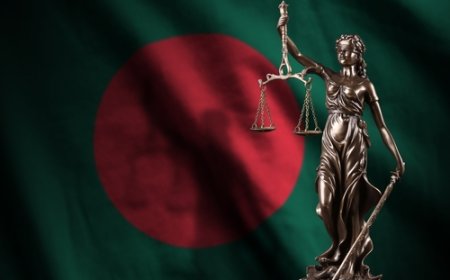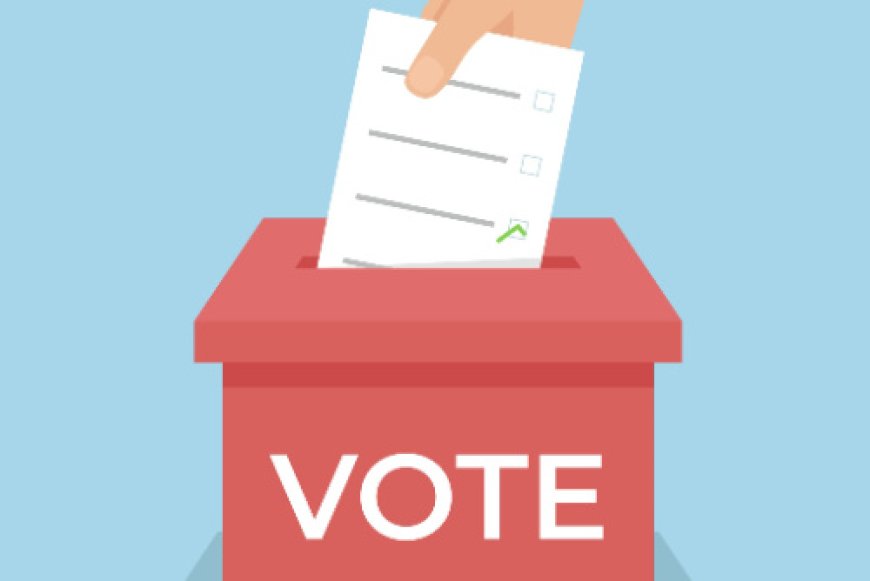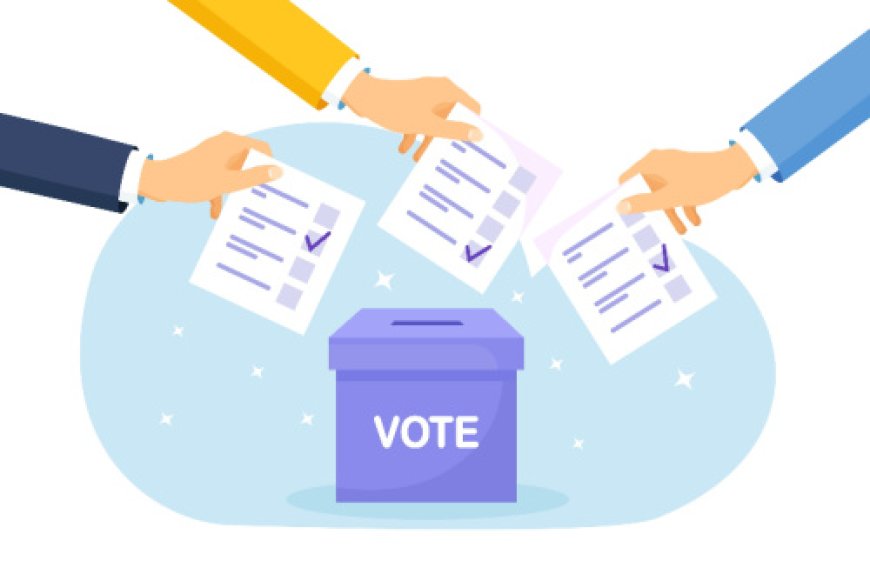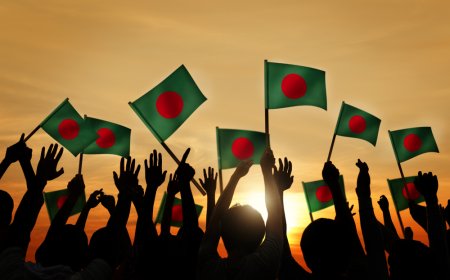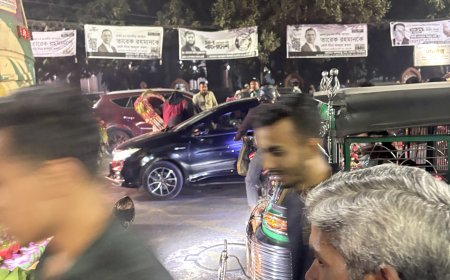April is the cruellest month
There is nothing that can be accomplished by an April election that could not also be accomplished by one in December, and much that could be lost.
Democracy is not merely a ritualistic exercise of voting, but a lived experience of accountability, inclusion, and legitimacy. When elections are delayed or held in inconvenient contexts, they risk becoming performative events, detached from the very public whose participation they are meant to ensure.
After over a decade of electoral disillusionment, Bangladesh stands at a delicate yet hopeful crossroads. The nation had begun to anticipate a truly participatory, fair, and timely election by December 2025. Instead, the interim government's recent announcement to hold elections in April 2026 has jolted the collective optimism.
The importance of election timing cannot be overstated. Political theorist Arend Lijphart once emphasized that democracy thrives not just in form but in function -- through mechanisms that enhance participation, equality, and representativeness. The proposed April election not only undermines these principles but also poses real logistical, political, and social challenges that could diminish the credibility of the very democratic process it seeks to restore.
Holding national elections in April ignores the social and environmental calendar of Bangladesh. The month will immediately follow the holy month of Ramadan -- a period during which public campaigning becomes culturally and practically constrained. Any election must be rooted in a "participatory culture," something that becomes impossible when religious fasting, high temperatures, and seasonal disasters such as nor'westers and early monsoon rains obstruct public gatherings. The average voter is not merely a ballot on legs, but a living, breathing citizen who engages when circumstances allow -- not when they are pressured by a schedule.
Furthermore, April coincides with critical academic periods. SSC and HSC exams dominate the national consciousness during this time. Schools, many of which serve as polling centers, are unavailable. The focus of families across the nation remains fixed on academic futures, not political ones. Sociologist Emile Durkheim argued that societal cohesion rests upon the alignment of institutional rhythms with public sentiment. Disrupting that rhythm alienates the very voters whose trust we aim to rebuild. It’s not just a question of logistics, but of respect -- respect for the existing institutional priorities and psychological states of citizens.
Interim governments, by design, are caretakers -- not decision-makers. Their legitimacy stems not from a popular mandate but from a consensus among political stakeholders. Harvard political economist Dani Rodrik has stressed that in transitional political phases, trust is more valuable than authority.
Unfortunately, the unilateral announcement of an April election timeline, without consensus or explanation, reflects a top-down imposition rather than a democratic consultation. It isn’t just a strategic misstep -- it is a fundamental deviation from the very ethos that such a government is meant to embody.
This decision, therefore, fuels an existing crisis of confidence. If the interim government hopes to facilitate democratic restoration, it must begin by exhibiting democratic behavior: dialogue, negotiation, and responsiveness. As Nobel laureate Amartya Sen observed, the success of democratic institutions lies in their "dialogic capabilities" -- their ability to converse with the people and with dissenting voices.
By ignoring calls for a December election from major political parties, civil society actors, and the broader public, the interim government is failing to embody the very virtues it claims to champion. Worse, it undermines its own credibility and risks being viewed as an actor with partisan inclinations rather than a neutral facilitator of democracy.
Historically, Bangladesh has found December to be the most suitable month for holding national elections. The weather is moderate, public holidays offer leeway for extensive campaigning, and the nation is not engulfed by examinations or agricultural urgencies. Most importantly, December carries emotional and historical significance as the month of liberation. Elections during this time evoke a collective sense of political rebirth and civic pride. What is at stake is not just convenience, but national symbolism -- something which is critical in rebuilding trust in a democracy that has for long been accused of being illusory.
Political scientist Samuel Huntington once contended that democratic consolidation relies heavily on the public's perception of political rituals. When those rituals are synchronized with national symbolism, they deepen legitimacy. A December election would allow political parties to organize freely, voters to participate without hindrance, and civil society to engage in strong democratic discourse. In contrast, an April election would dampen enthusiasm, restrict campaign logistics, and likely depress voter turnout. The people are more than ready to participate, but only when the system offers a platform that respects both their time and their symbolic memory.
Beyond participation and symbolism lies the practical issue of governance. An April election creates an administrative bottleneck. The new government, regardless of its political colour, would have barely a month to settle into power before the national budget formulation begins in June. Given the high stakes of fiscal planning in a recovering post-pandemic and climate-vulnerable economy, such a truncated timeline is reckless. Budget formation is not a perfunctory administrative task; it is a strategic document that sets the trajectory for national development. A rushed, politically unsettled government is unlikely to produce a meaningful financial roadmap.
Renowned economist Joseph Stiglitz has written extensively on the consequences of rushed budget planning: diminished public trust, compromised development priorities, and increased susceptibility to elite capture. For a nation struggling with inflation, foreign debt, and a fragile banking sector, Bangladesh cannot afford a hasty budget drafted by a government that hasn't yet found its feet. Moreover, an April election compresses the window for policy transition, resulting in bureaucratic disarray and a state of paralysis when efficiency is most required.
While the interim government may argue that its mandate allows discretion in setting electoral dates, the moral compass of democracy rests with the people. And the people, across polls and party lines, have consistently expressed their desire for a December election. The insistence on April appears not only out of touch but defiant. The gap between political logic and public sentiment seems to be widening at a dangerous pace, and this divergence can only deepen the already frail bonds of democratic legitimacy.
In the words of Jurgen Habermas, democracy is not a state that one achieves but a process that one must continually sustain through communicative action and moral reasoning. The current decision bypasses both. The interim government must realize that its legacy will not be measured by how long it stayed in power, but by how it helped rebuild a participatory electoral culture. Leadership is not about assertion -- it is about resonance, about timing one’s actions to the heartbeat of a hopeful, yet skeptical, nation.
One must ask: what precisely is to be gained from an April election that cannot be achieved in December? Is the interim government attempting to buy time for reforms that have not materialized in the last ten months? If so, what evidence is there that the next ten will be any different? The record, so far, does not inspire confidence. The longer this question lingers unanswered, the more the government risks being interpreted as self-serving, or worse, as complicit in democratic erosion.
Bangladesh today does not lack political voices; it lacks a process through which those voices can be harmonized. In choosing April over December, the interim government risks conducting an electoral symphony where most instruments have been silenced. If politics is the art of the possible, then choosing December is the most viable and ethical possibility. Not because it is perfect, but because it aligns most clearly with public readiness, institutional capability, and democratic tradition.
Public trust is a finite resource. Once eroded, it is difficult to regain. As history teaches us -- from post-junta Chile to transitional Tunisia --the path to democratic restoration is best walked in step with public sentiment. The alternative is a façade of democracy without its spirit. Bangladesh has seen enough facades. It is now hungry for the real thing.
The call for a December election is not a demand from a particular party or group. It is a collective yearning from a nation fatigued by disenfranchisement and longing for genuine participation. December offers hope, harmony, and historical continuity. April offers haste, heat, and hesitation. These are not just months on a calendar -- they are metaphors for two very different futures.
If the interim government truly believes in its moral responsibility to the people, it must act with empathy, foresight, and accountability. The hour is late, but not beyond redemption.
H. M. Nazmul Alam is an Academic, Journalist, and Political Analyst based in Dhaka, Bangladesh. He can be reached at [email protected].
What's Your Reaction?







